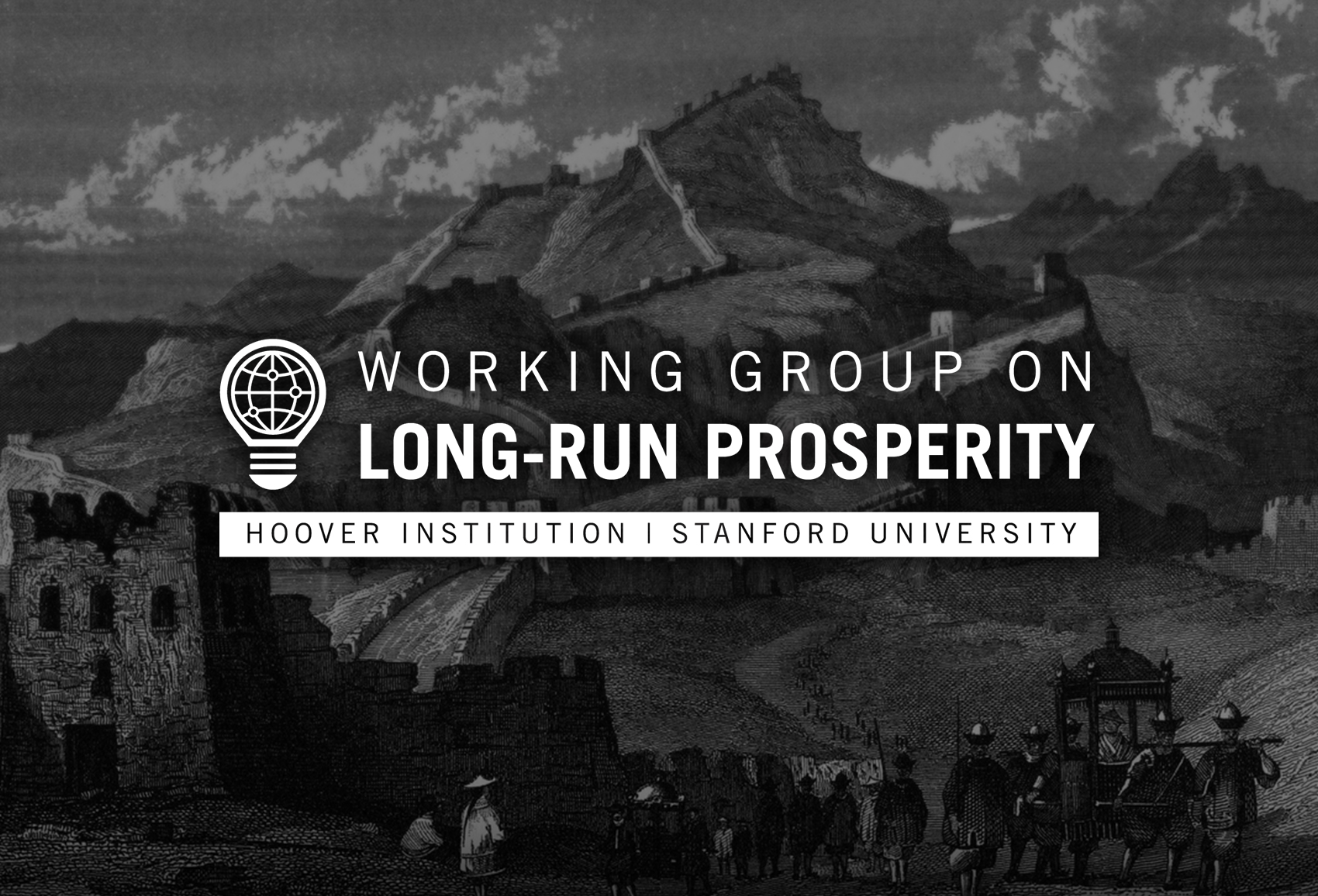This essay is based on the paper “Special Deals with Chinese Characteristics” by Chong-en Bai, Chang-Tai Hsieh, and Zheng Song.
Chinese local governments wield their enormous political power and administrative capacity to provide “special deals” for favored private firms. We argue that China’s extraordinary economic growth comes from these special deals. Local political leaders offer such deals because they derive personal benefits, either political or monetary, from providing them. Competition among local governments limits the predatory effects of special deals.
The central puzzle of China is how an economy with poor economic institutions can grow at the rate that China has, and for as long. The answer, we suggest, lies in the set of informal institutions that emerged in China in the early 1990s. The key feature of these informal institutions is that special deals are readily available to private firms from a local political leader that enable them to either break the formal rules of doing business or obtain favorable access to resources, allowing them to succeed. The prevalence of special deals is common in countries with poor formal institutions, and China is no different.
The essence of a special deal is that they are only available to some firms, and there is abundant evidence in many settings that the economic benefits of favoring select firms with special deals are outweighed by the costs borne by firms that are left out. In the case of China however, there are three reasons why the benefits of special deals may exceed the cost.
First, Chinese local governments have enormous administrative capacity and use it to provide a helping hand to favored firms. This helping hand offers exemptions to regulations, lobbies the central government for the right to break rules, improves local infrastructure, provides land (and to a lesser extent credit) at below-market prices, and blocks entry of other firms that threaten the profits of the favored firms. Some of this help, such as blocking competitors, lowers welfare, but much of it, such as exemptions to inefficient regulations, probably enhances growth.
Second, local political leaders have high-powered incentives to provide special deals. For example, the largest car company in China is a joint venture between General Motors and the City of Shanghai. Local leaders may support private firms simply out of a sense of duty or because they are recognized and promoted for showing competence in supporting private business. The benefits can also be entirely monetary, ranging from the company’s paying tuition for their children to hidden ownership of equity stakes in favored private firms held by family members. Because of such incentives, a large and increasing number of Chinese firms benefit from special deals.
Third, the large number of local governments who actively support private firms compete ferociously with one another to attract and support their businesses. Competition between local governments is crucial in limiting the predatory power of protected firms to establish a dominant market position. A local government can block competitors of favored firms in its locality but has no ability to do so in other cities. Competition also gives firms options when faced with incompetent or predatory local governments.
Understanding the Chinese system as a regime of special deals also clarifies why China has struggled over the last ten years. First, special deals rely on the discretion of local officials and their incentives. And here a central fact is the anticorruption campaign that has been in place since 2014. If special deals as practiced in China have enhanced growth—as we suggest they have—the crackdown on corruption will lower growth.
Second, special deals are at the root of the tension between China and its trading partners. Companies based in countries that do not have access to special deals find themselves disadvantaged when they compete with Chinese companies that do. Foreign companies in the Chinese market either have to make their own special deals or—as is also the case with a Chinese-based firm that does not have a special deal—find that their intellectual property and contracts are not well respected. This, we believe, is at the root of the tension between China and the rest of the world as China grows.
Read the full paper here.
Chang-Tai Hsieh is the Phyllis and Irwin Winkelried Distinguished Service Professor of Economics at the University of Chicago.
This essay is part of the Long-Run Prosperity Research Brief Series. Research briefs highlight research that enhances our understanding of the factors that drive long-run economic growth and examine its policy implications.

















